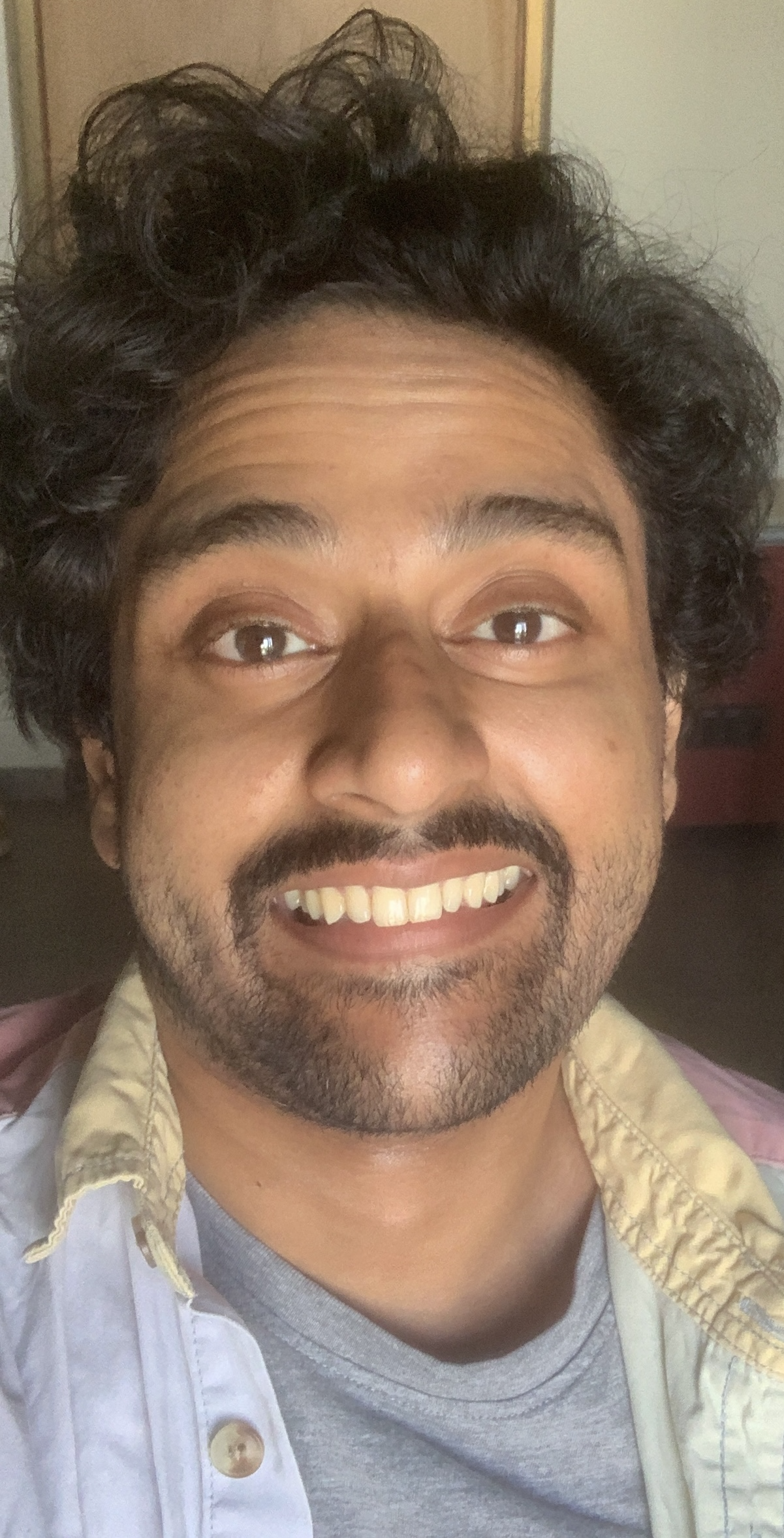
BIOGRAPHY
I am a social and intellectual historian of science and empire, whose work examines the intersections between mathematics, astronomy, technology, and race. My current book project, The Time There: Empire and the Exact Sciences, seeks to understand how astronomical and mathematical knowledge became key to the political economy of colonial rule in South Asia, and how labour and caste relationships shaped the everyday practices of astronomy and mathematics. It was not just “Western science” that determined this story: in order to measure and distribute time, the British empire relied upon existing, caste-bound forms of knowledge and skill, from jyotiśāstra [Sanskrit astral science] to artisanal metallurgy. Following the exact sciences from the late eighteenth to the early twentieth century, the book goes on to examine how these sciences came to be used to make historical claims about mythic events and races, by colonized and colonizer alike, tracing continuities between colonial knowledge projects and the cosmology of modern Hindutva, or right-wing Hindu nationalism.
I am also an Honorary Fellow at the Archives at NCBS, Tata Institute of Fundamental Research, Bengaluru, a collecting center for the history of science in modern India. Prior to joining the IFK, I was a Research Scholar at the Archives at NCBS, Tata Institute of Fundamental Research, Bangalore; a Postdoctoral Fellow in Global Intellectual History at Humboldt-Universität zu Berlin; and a Visiting Assistant Professor of History at Haverford College. I received my PhD in History and Sociology of Science from the University of Pennsylvania in August 2021.
PUBLICATIONS
S. Prashant Kumar "The instrumental Brahmin and the “half-caste” computer: Astronomy and colonial rule in Madras, 1791–1835." History of Science 61.3 (2023): 308-337. https://doi.org/10.1177/00732753221090435
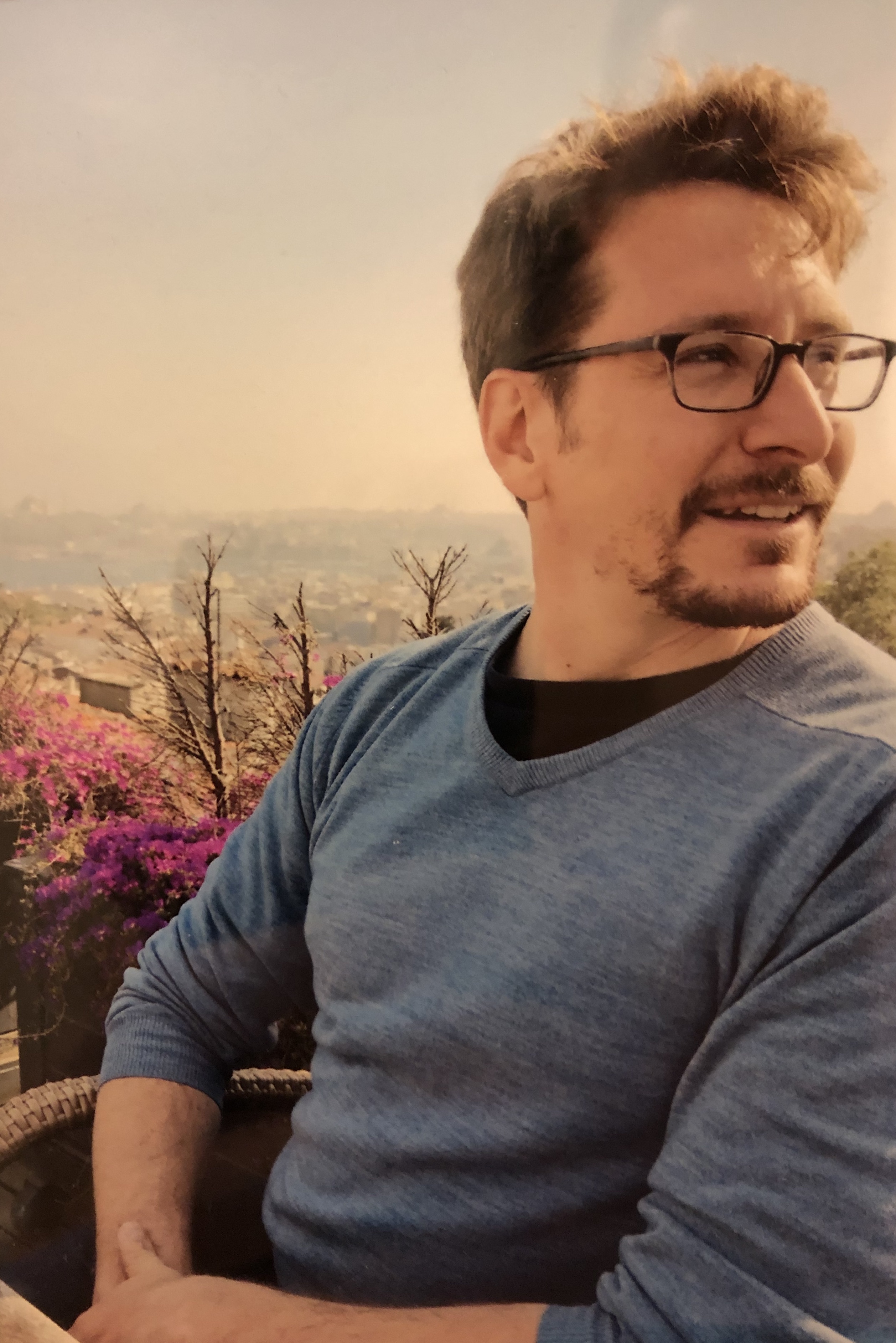
RESEARCH INTERESTS
Intellectual history, the modern Middle East, urbanism, urban history, social thought, the Ottoman Empire, Turkey, the post-Ottoman world
BIOGRAPHY
Isaac Hand is an intellectual historian of the late Ottoman Empire and early Turkish Republic. In 2022, he defended his dissertation in New York University's joint program of History and Middle Eastern and Islamic Studies. His research explores the development of social thought in the late and post-Ottoman world. His dissertation focused on the influence of urbanism on the development of urban form and municipal governance in early twentieth century Turkish cities. His article "“If the Municipality Cannot Do it!” Negotiating the Boundary between State and Society in early Republican Turkish Cities" was recently published in The Journal of Urban History.
PUBLICATIONS
“If the Municipality Cannot do it!” Negotiating the Boundary between State and Society in Early Republican Turkish Cities,” 2022 in The Journal of Urban History.
Forthcoming in Utopianism in the Middle East and North Africa, Thomas Pierret and Simon Wolfgang Fuchs (eds.), University of Edinburgh Press: “The City is an Educator: Utopianism, Urbanism and the Creation of Republican Ankara.”
NEWS
His essay, “Melon Rinds and Mecidiyeköy Flies: Trash Collection and Urban Responsibility in Early Republican Istanbul” has received the 2023 Global Urban History Project Essay Prize for Emerging Scholars.
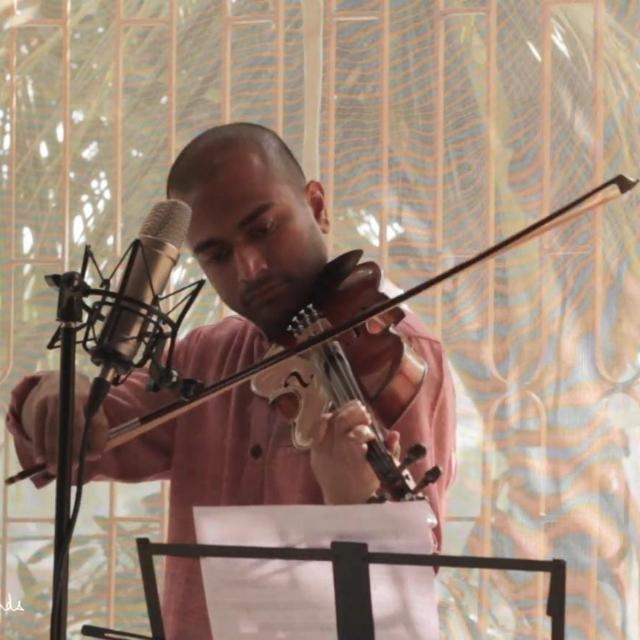
RESEARCH INTERESTS
Early Modern and Modern South Asia; the history of capitalism; intellectual history and the history of political economy; comparative histories of caste, race, and slavery; the history of modern sport; historical musicology; social theory
BIOGRAPHY
I am a historian of early modern and modern South Asia. I earned my PhD from New York University and I am currently serving as a Collegiate Assistant Professor in the Social Sciences Collegiate Division. Before joining NYU, I completed an MA in political economy from the University of Massachusetts, Amherst, and a BA and MA in economics from Jadavpur University in India.
My work has appeared in various academic journals and public fora in both English and Bangla, including The Indian Economic and Social History Review (forthcoming), Modern Asian Studies, Critical Historical Studies, Review of Radical Political Economics, Development and Change, Mediations, Serenade Magazine, and Nirantar.
I am currently working on my first monograph titled “Caste, Capitalism, and Subaltern Aspirations in Bengal, 1696-1859,” which argues that despite the centrality of colonial initiatives in the development of Indian capitalism, the history of capitalism in India is irreducible to colonial rule. Through a study of caste conflict and the nature of lower-caste aspirations in pre-colonial and early colonial (c.1760-1858) Bengal, I show that subaltern actors often affirmed capitalist norms, including the abstract equality of all “humans,” the need for commerce to be free from “arbitrary” impositions by upper-caste elites and the state, and the Lockean claim that all labor should be seen as constituting property equally. For peasants, weavers, artisans, agrarian slaves, devotional poets, and petty merchants belonging to lower and middling castes, capitalist norms offered a critique of two practices – the control of access to land and markets – that enabled the maintenance and reproduction of caste hierarchies.
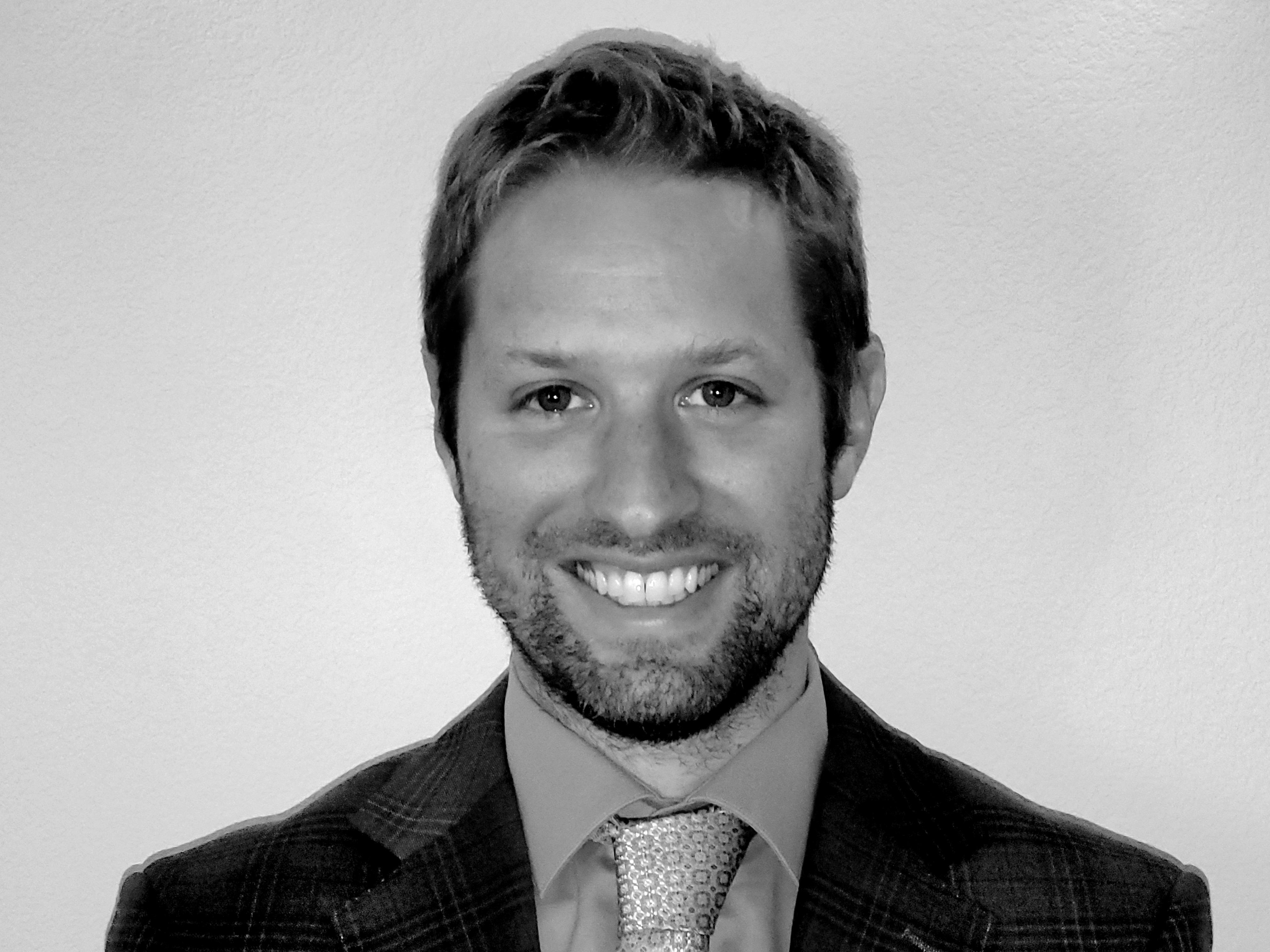
RESEARCH INTEREST
Modern U.S. and international history; American foreign relations; science and technology; spaceflight and space politics.
BIOGRAPHY
Stephen Buono is a Collegiate Assistant Professor in the Social Sciences at the University of Chicago, where he is a scholar-in-residence at the Society of Fellows. His research and teaching interests straddle modern U.S. and international history, social and political history, and the history of science and technology, particularly spaceflight. His first book, The Province of All Mankind (forthcoming from Cornell University Press) narrates the birth of outer space as a realm of U.S. foreign policy and international law. He has begun a second book, commissioned by NASA, on lunar governance in the Cold War. Before arriving at UChicago, Dr. Buono held posts with Stanford University's Freeman Spogli Institute for International Studies and Harvard University's Belfer Center for Science and International Affairs.
Recent Research / Recent Publications
“The Interplanetary School of IR,” International History Review, DOI: 10.1080/07075332.2023.2251487
“The History of Space Security,” in Oxford Handbook of Space Security (with Aaron Bateman, Oxford University Press, forthcoming, 2023)
“‘Merely a Scrap of Paper’? The Outer Space Treaty in Historical Perspective, Diplomacy & Statecraft 31, no. 2 (June 2020): 350–72.
“‘This Grim Game’: Kennedy and Arms Control for Outer Space,” Diplomatic History 43, no. 5 (November 2019): 840–66.
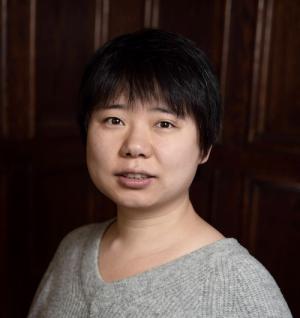
RESEARCH INTERESTS
Chinese history; economic and environmental history; gender, technology, and knowledge making; infrastructure
BIOGRAPHY
王悠 Wáng Yōu (she/they) is an economic and environmental historian of early modern and modern China. Her current book project, Crafting the Waterscape: Environmental Governance and Rural Communities of the Lower Yangzi Delta, 1500-1850, examines the everyday interactions of village women and men with water- and landscapes in China's economic center through hydraulic institutions, agricultural knowledge production, and a gendered labor regime. She is also interested in continuing exploring the intertwinement of the environment, gender, and the market through the lens of vernacular religion and global trade.
Before coming to the University of Chicago as a Harper-Schmidt Fellow and Collegiate Assistant Professor in the Social Sciences Division, she received her doctoral degree in History from the University of California, Los Angeles (UCLA) in 2022. She is also an alumna of the University of Chicago (A.M. '14) and Zhejiang University (Bachelor of Economics '12).
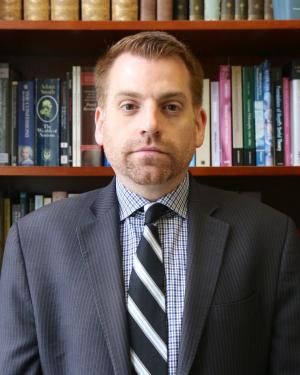
PhD 2009 (History) University of Chicago
RESEARCH INTERESTS
Britain and the British Empire in the eighteenth century; colonial and Revolutionary British North America; the Age of Revolution in the Atlantic world; the history of liberal democracy
BIOGRAPHY
James M. Vaughn is a historian of the British Empire and the Atlantic world during the eighteenth century. His first book, The Politics of Empire at the Accession of George III: The East India Company and the Crisis and Transformation of Britain’s Imperial State (Yale University Press, 2019), provides new interpretations of the origins of British rule in India and of the global transformation of the British Empire during the third quarter of the eighteenth century. His current research focuses on the American Revolution and the origins of liberal modernity in global context, c. 1760-1815.
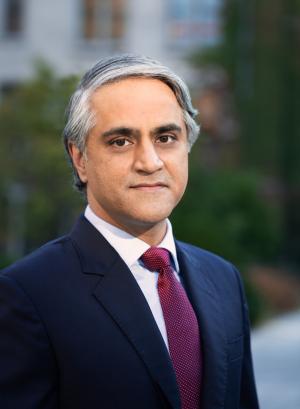
Co-director, SOSC Core Writing Initiative
PhD 2018 University of Chicago
RESEARCH INTERESTS
The rise and fall of the British Empire in India; international socialism in the twentieth century; philosophy of history
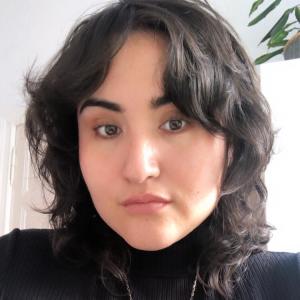
PhD 2020 (History) New York University
MA (Social Thought) New York University
BA & BFA (Visual & Critical Studies) School of the Art Institute of Chicago
RESEARCH INTERESTS
United States; transatlantic history; history of liberalism; capitalism; labor history; intellectual history; history of immigration; social reform; slavery and emancipation
BIOGRAPHY
I am a historian of political thought, trans-Atlantic intellectual history, and American society in the long nineteenth century. Before my PhD training at New York University, I studied Visual and Critical Studies at the School of the Art Institute Chicago, with a focus on Frankfurt School Critical Theory. I have taught at Barnard College, the Pratt Institute of Art, New York University, and lectured at the New York Public Library.
My research to date centers on three key issues that defined political life in nineteenth-century America: the transformation of the liberal tradition after the advent of mass democracy, the mass immigration of European exiles into American civil-society associations, and the social crisis of labor and property after the Civil War.
I am currently working on my first book, Reform in the Age of Capital, where I place U.S. political history within the transatlantic crisis of liberalism after the Era of Restoration that culminates in the Revolutions of 1848 and the American Civil War. I argue that the political and intellectual contributions by European émigrés in the nineteenth century fostered a social-democratic perspective within the American reform tradition and connected reformers to a lively movement of ideas across cosmopolitan networks, with nodal points in London, New York and Paris. Transatlantic social democrats were a diverse group of reformers who broke with republican solutions to the “social problem”— the declining condition of laborers and the emergence of systemic unemployment. Social democrats demanded new rights for laboring citizens, including the “right to land,” the right to “the fruits of [their] labor,” the right to “free time,” and the “right to work,” and called for the establishment of a novel “social republic” to supersede the limitations of political representation. Throughout the book, I explore the common aspirations across abolitionist and labor reformers, English Chartists, German revolutionaries, and French utopians, who sought to realize the ideals of the revolutions of the seventeenth & eighteenth centuries under the unprecedented conditions of industrializing nations. Funding for this project has been provided by the Fulbright, IIE, the Mellon Foundation, and by the Jerrold Seigel Fellowship in Intellectual and Cultural History. A chapter of the unpublished manuscript won the 2020 Bernard Bellush Prize in Labor History, from the New York Labor History Association.
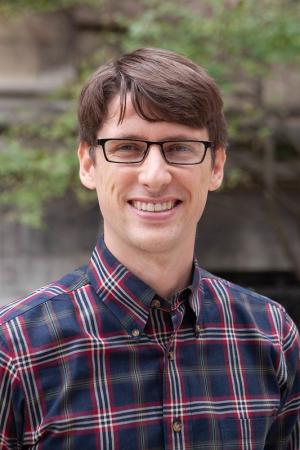
PhD 2018 (history) University of Chicago
RESEARCH INTERESTS
Modern Europe; Austria and Germany; intellectual history; history of the human and social sciences; history of medicine; psychoanalysis; critical theory
BIOGRAPHY
I am an intellectual historian of German-speaking Central Europe in the nineteenth and twentieth centuries. At the crux of my research is an interest in what might be called the politics of the self in the modern era, a subject I explore through the history of human and social sciences and the history of medicine. In my monograph in progress, for instance – titled Analysis in Extremis: The Interwar Crisis and the Remaking of Psychoanalysis – I examine the ways that Central European psychoanalysts refashioned their therapeutic techniques around new theories of the psyche between the World Wars. Amid the turmoil and violence of the times, the psychological presuppositions of orthodox (“classical”) psychoanalysis – namely, a relatively strong, mature, reflective ego – appeared to vanish. The result, I argue, was a profound crisis for the liberal politics of psychoanalysis that was accompanied by an explosion of experimental revisions and novel applications of psychoanalytic technique. By tracing the ramifications of this crisis, Analysis in Extremis shows how the wider social and political turmoil of the interwar led to a rethinking of the self in psychoanalytic thought and a recasting of the politics of analytic practice.
Over the past few years and building on this research, I have begun a new project – a transatlantic history of the study of authority and the family over the middle decades of the twentieth century. This project will explore how intellectuals from a wide range of critical perspectives and disciplinary traditions (philosophy, sociology, anthropology, critical theory, and psychoanalysis) sought to make sense of the political pathologies of the times by investigating the shifting patterns of child-rearing and youth socialization. For several decades at mid-century and largely owing to the influence of Freudianism, how subjects were drawn into the fabric of social life appeared to many intellectuals to hold the key to explaining the manifold threats to liberal democracy.
After receiving my PhD in 2018, I held a two-year position as Junior Fellow in the Society of Fellows at the South University of Science and Technology in Shenzhen, China. Since returning to Chicago in 2021, I have been enrolled in the training program of the Chicago Psychoanalytic Institute.
FRONT TABLE MENTOR
John P. McCormick
PUBLICATIONS
“How Red Vienna Revolutionized Sigmund Freud,” Jacobin, 28 May 2020
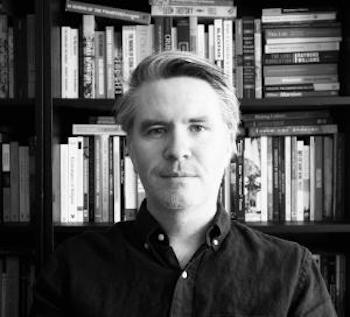
PhD 2012 (Political Science) University of Chicago
RESEARCH INTERESTS
Early American history; history of colonialism and empire; history of slavery; legal history; and the history of modern social and political thought
BIOGRAPHY
Daragh Grant is a Senior Lecturer in the College and Co-Chair of the Classics of Social and Political Thought core sequence. He received his BSc from the London School of Economics in 2001, an MPhil from the University of Cambridge in 2005, and his PhD from the University of Chicago in 2012. Between 2012 and 2015, he was a Harper-Schmidt Fellow and Collegiate Assistant Professor in the Social Sciences at the University of Chicago. Before returning to the University of Chicago in 2019, he was a Lecturer on Social Studies at Harvard University. His intellectual interests include the history of colonialism and empire, the history of slavery, and the development of understandings of sovereignty and subjecthood from the sixteenth century to the present. He is currently preparing his book manuscript for publication, which is tentatively titled “Experiments in Order: Sovereignty, Jurisdiction, and State Formation in Early New England.” This manuscript brings together his interests in colonialism and state formation to explain how English settlers in the New England colonies asserted and defended their claims to jurisdiction over lands and peoples in the Americas. It also explores the strategies by which indigenous polities and some settler communities sought to resist or exploit colonial governments and the imperial center to their own ends. Daragh’s work has appeared in Comparative Studies in Society and History, The William and Mary Quarterly, Renaissance Quarterly, and The Journal of Modern History. His personal website can be found here.
